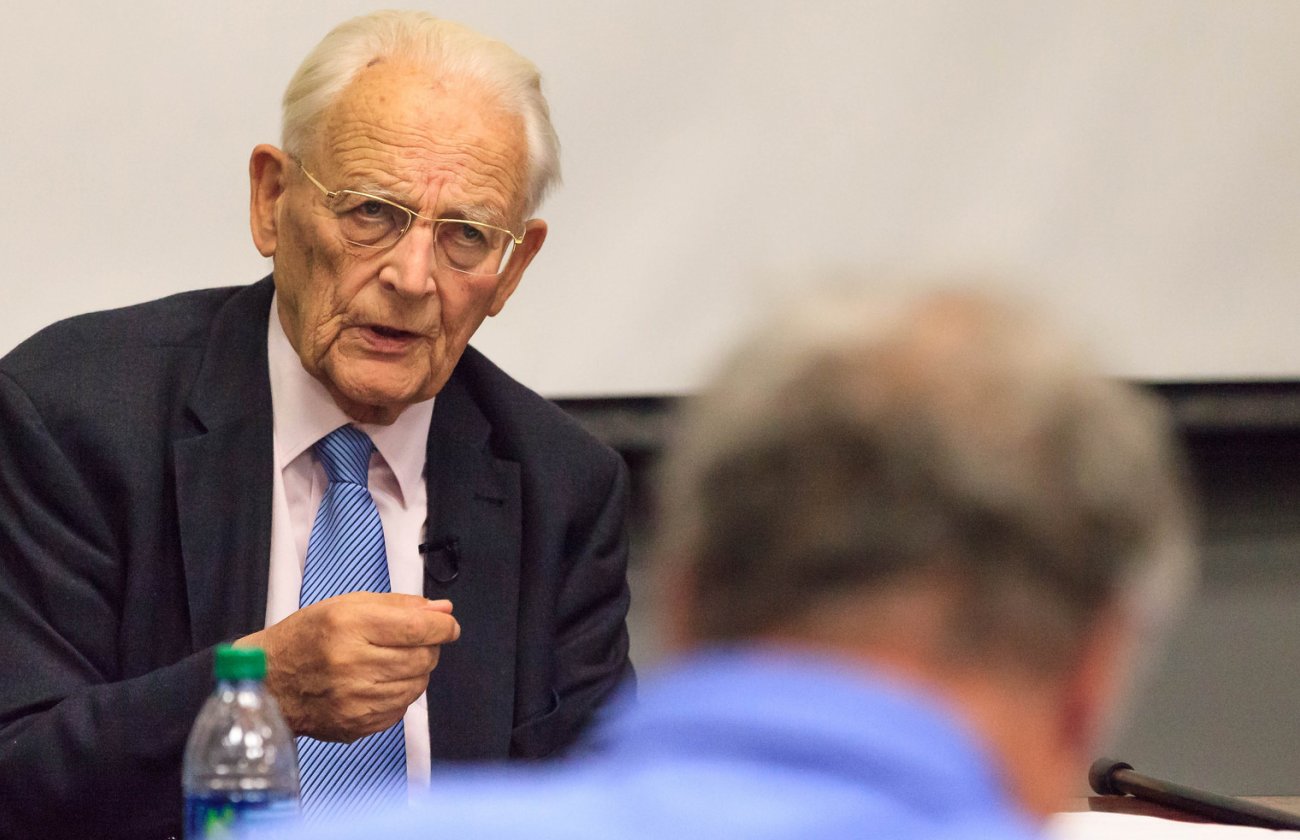Development, from our perspective, is the self-defined social process by which humans enhance their wellbeing and assert their dignity while creating the structural conditions for the sustainability of the process of development itself.
Although the concept is ideologically loaded, in our strict definition it is not. The values that inform development goals can be very different; from economic growth calculated as accumulation of material wealth and measured by GDP or income, to holistic development, including the conservation of nature and the happiness of humans, or as dignity as a comprehensive concept as proposed by our book. The concept of informational development refers to informationalism, a new form of sociotechno-economic organization that became fully constituted on a global scale in the early twentyfirst century. Informationalism did not replace capitalism. In fact, it powered a new form of capitalism now prevalent everywhere: informational-financial capitalism. The historical equivalent of informationalism was industrialism, which developed in both capitalist and non-capitalist versions. What characterizes informationalism is the widespread use of microelectronics-based digital information and communication technologies that allow the diffusion of networking forms of organization in all domains of economic and social life. It also powers information processing and digital communication, enabling the expansion of the knowledge base of the economy and the information society. Information technologies allow for knowledge and information to be distributed and applied to all activities in any context, in a way similar to the transformation of production processes enabled by new technologies of energy generation and distrubution during the two industrial revolutions. The concept of informationalism rejects technologial determinism, while acknowledging the crucial role of technology embedded in social organization and culture. Networking is an essential component of informationalism; this is why the dominant social structure of our time can be characterized as a global network society. In our view, human development refers to a process of enhancement of the living conditions that make humans human in a given social context. Thus, it can be interpreted in a very broad way. It certainly includes what traditionally have been considered the components of the welfare state: health, education, public transportation, culture, and public insurance or subsidy in case of distress (unemployment, poverty, special needs in housing, transportation, social services, etc.). But it also should include the whole range of elements that constitute ‘quality of life,’ as determined by recent social research. These comprise job creation, work quality, and environmental sustainability, as the natural environment is a source of key dimensions of quality of life including health. Moreover, environmental sustainability is often considered to be an expression of inter-generational solidarity, thus it is a fundamental dimension of wellbeing for the human species at large. Wellbeing also encompasses other dimensions of human life such as personal security, the prevention of violence, the avoidance of war, and the protection of basic human rights such as personal dignity, privacy, communication rights, and protection against discrimination.
—From “Reconceptualizing Development in the Global Information Age,” edited by Manuel Castells and Pekka Himanen.









